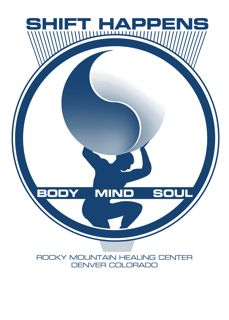 While some may argue to the lack of empirical evidence on the direct association between depression and pain, researchers believe there is a known connection between depression and physical symptoms through shared neurological pathways. The brain’s chemicals that regulate moods, thoughts, and feelings, also moderate and reduce pain signals. In the case of depression, where there is an imbalance in the neurotransmitters, the filtering mechanism of pain is negatively impacted, thus increasing the body’s sensitivity to pain.
While some may argue to the lack of empirical evidence on the direct association between depression and pain, researchers believe there is a known connection between depression and physical symptoms through shared neurological pathways. The brain’s chemicals that regulate moods, thoughts, and feelings, also moderate and reduce pain signals. In the case of depression, where there is an imbalance in the neurotransmitters, the filtering mechanism of pain is negatively impacted, thus increasing the body’s sensitivity to pain.Several studies have found an association among negative thought patterns, stressful life events, and incidence of major depressive disorder. There also appears to be a strong connection between severe depression and a preexisting personality pattern that includes dependence, anxiety, need for approval, dysfunctional thinking, and a weak self-image. Traumatic events, particularly those occurring early in life, have also been found to contribute to a vulnerability to depression. Physical, sexual, and emotional abuse; an unstable family life; and insecure attachment can leave us vulnerable to depression.
Depression is often treated with psychotherapy, with the addition of medication if improvement is not noted after a few months. Alternative treatments, such as yoga, acupuncture, and mindfulness meditation have found to be effective in improving mood and decreasing depressive symptoms. These stress reduction methods can help prevent relapse in individuals with a history of chronic depression.
For those of us with combined physical and psychological symptoms, effective therapy needs to be integrative and multifaceted, focusing on affective (emotional), cognitive (mental processes), and behavioral areas. Nonverbal modalities, such as meditation, movement (yoga, dance, exercise), sound therapy, and bodywork (massage, acupuncture) have proven to be successful as an adjunct to psychotherapy, both as tools for pain management and improving mood.
If you are struggling with depression and chronic pain, contact us for a free consultation with RMHC's integrative wellness team to learn about our comprehensive treatment plans, designed to address your individual needs.
Rashin D'Angelo, MA, PhD Candidate
Psychotherapist, Director

No comments:
Post a Comment